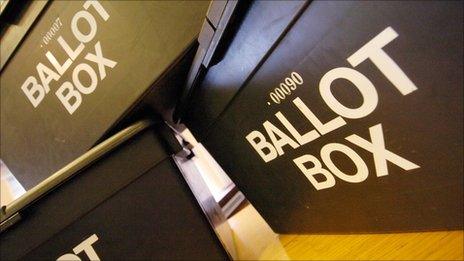Opposing voting reform 'selfish' and 'immoral'
- Published
- comments

The 2017 general election ended in a hung parliament - as was the case in 2010
It is "selfish" and "immoral" to oppose voting reform just because "it has traditionally handed you power", the co-leader of the Green Party has said.
Caroline Lucas was speaking in a debate on proportional representation being used for future general elections.
The Westminster debate was prompted by more than 100,000 people signing a petition, external calling for voting change.
The government says the 2011 AV referendum shows the public do not want to change first-past-the-post.
Calling on the Labour Party leadership to support voting reform, Ms Lucas said "it is selfish to continue championing a voting system just because it has traditionally handed you power.... it is immoral when millions of people are disenfranchised as a result".
Cat Smith, Shadow Minister for Voter Engagement and Youth Affairs, said Labour were "committed to taking radical steps to ensuring all voters are both registered and able to use their vote."
However she said "changing the voting system alone does not fix the disconnect that is felt by some voters with regard to our political process".
Under first-past-the-post the candidate who receives the most votes in a local constituency wins a seat in the House of Commons.
This means the number of seats each political party wins does not necessarily reflect its share of the vote nationally - in 2015, for instance, UKIP picked up 3.9m votes but only won one seat.
Under proportional representation, parties' seats in parliament would be allocated in proportion to the number of votes cast for them.
Ms Lucas admitted she had a "vested interest" in the debate.
In the 2015 general election one million people voted Green and under a proportional system the party could have won 20 seats, she said. Instead the party got just one.
"As a country we pride ourselves on our strong commitment to democracy and yet the vast majority of votes cast don't make an impact on the overall result," she said.
She added there was an "irony" that despite leaving the EU "all those who were promised they would be given back control simply will not have it without meaningful electoral reform".

History of voting system changes
1910: Royal Commission recommends the Alternative Vote system be adopted for elections to the Commons, although some argue for the Single Transferable Vote
1918: MPs reject Single Transferable Vote in a free vote but back Alternative Vote for rural, single member seats. The changes are blocked by the House of Lords
1931: Minority Labour government attempts to introduce Alternative Vote in a third of constituencies but loses power before it can become law, after which electoral reform becomes a cause mostly associated with the Liberal Party
1998: The Jenkins Commission recommends a proportional system should replace first-past-the-post in Westminster elections
1998: Northern Ireland Assembly formed - members elected under Single Transferable Vote system, a form of PR
1999: The UK switches to the "closed party list" PR system to elect members of the European Parliament, having previously used first-past-the-post
1999: First elections to Holyrood and Welsh Assembly using "additional member" system - first-past-the-post constituencies and seats filled proportionally from regional party lists
2007: Single Transferable Vote introduced for Scottish local elections
2011: Alternative Vote referendum - 19m voters - 68% of those who took part - reject bid to switch to new system

Steve Double, Conservative MP for St Austell and Newquay, said: "First-past-the-post has consistently produced majority governments that can govern.
"It avoids a scenario of complex coalition governments where little can be achieved."
He also said it was "easy to understand" and allowed a "direct link" between an MP and their constituency.
"There are clearly weaknesses in our democracy as it stands today," he said.
"Too many feel disconnected, disenfranchised and often feel observers rather than participants in our political process.
"But I would venture to suggest that changing our voting system is not the silver bullet that will change this."
'More complicated'
Parliamentary Secretary at the Cabinet Office Chris Skidmore said the government had "no plans" to change the voting system in general elections.
He said: "The electorate understand well how their representatives in Parliament are selected under the first-past-the-post system, and it makes it easier for electoral administrators to deliver an election accurately and quickly.
"The government therefore do not support proportional representation, as we consider it to be more complicated without delivering the same benefits as first-past-the-post."
He added that the 2011 referendum on voting reform "was an overwhelming vote for the status quo".
However the Electoral Reform Society says the 2011 referendum should not be seen as a rejection of proportional representation - as PR was not offered as an option.
Instead the referendum offered voters a choice between keeping the current system or switching to the Alternative Vote - under which voters could rank candidates in order of preference, and these preferences could be used to decide the outcome in places where no candidate wins more than 50% of votes cast.
The e-petition argued PR "would make every vote matter equally, rather than allowing a minority of swing voters in a few marginal seats to pick the government".
The Petitions Committee considers all petitions which receive over 100,000 signatures for debate. Petition debates cannot change the law and MPs do not vote on whether to implement the petition.
- Published21 August 2017
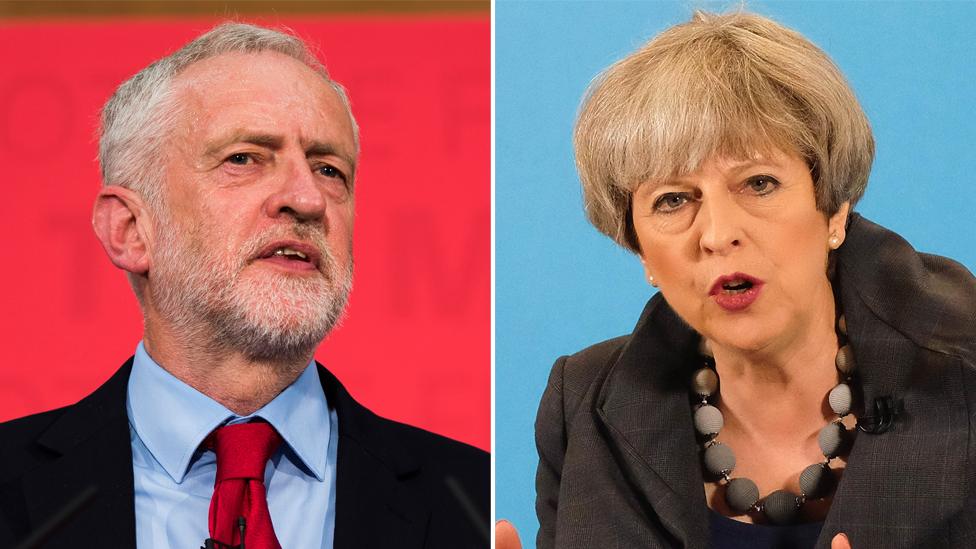
- Published21 August 2017
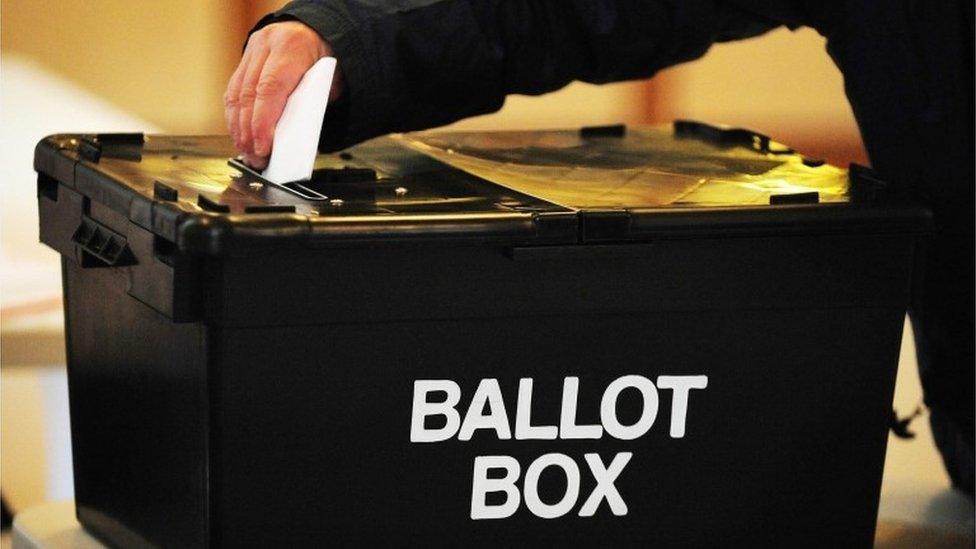
- Published27 July 2017
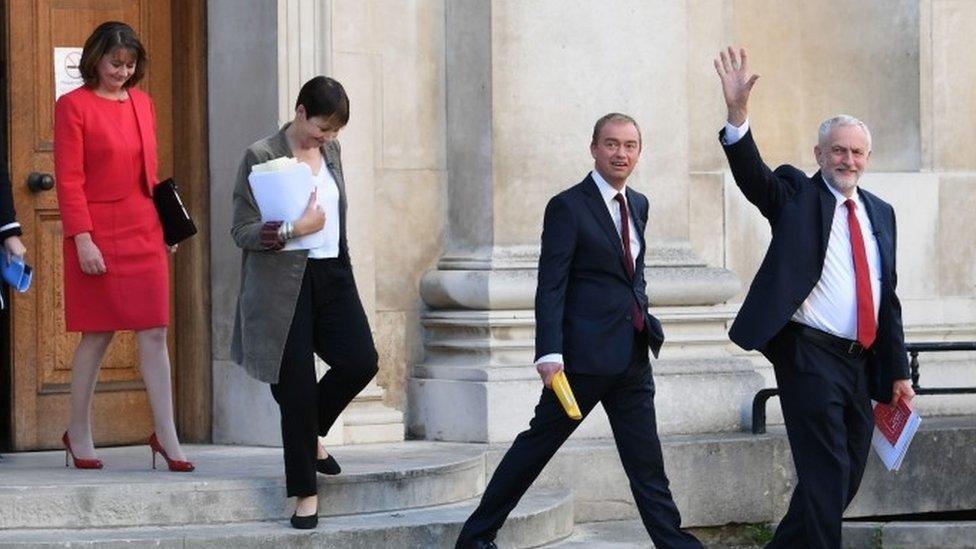
- Published28 April 2017
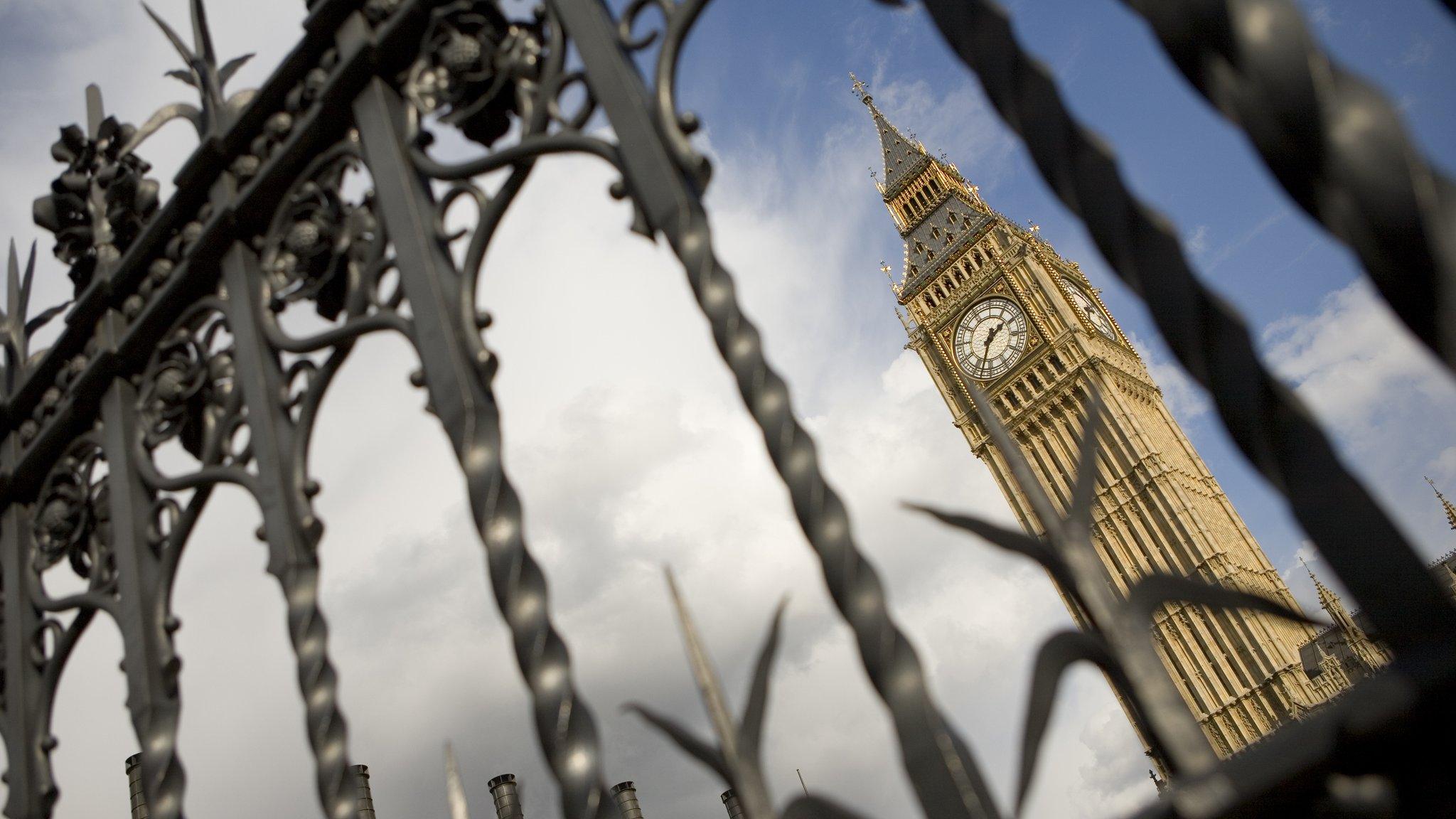
- Published18 October 2016
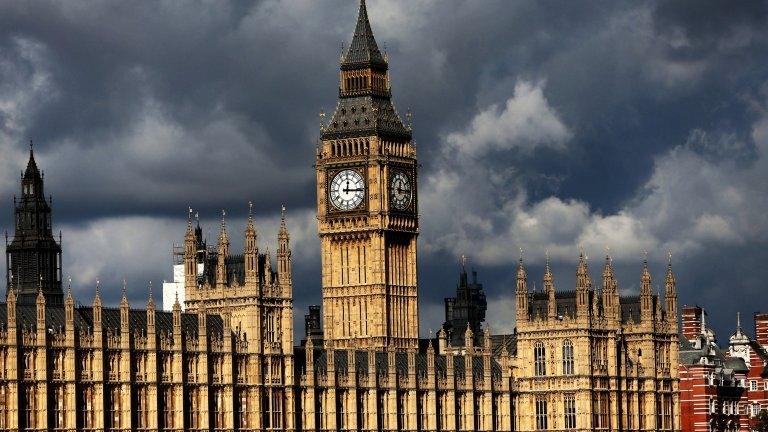
- Published7 May 2011
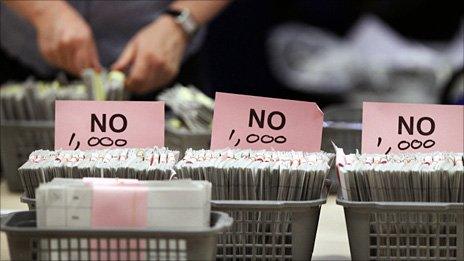
- Published6 May 2011
